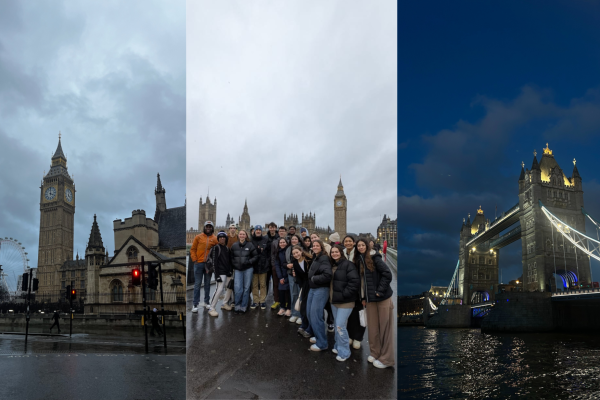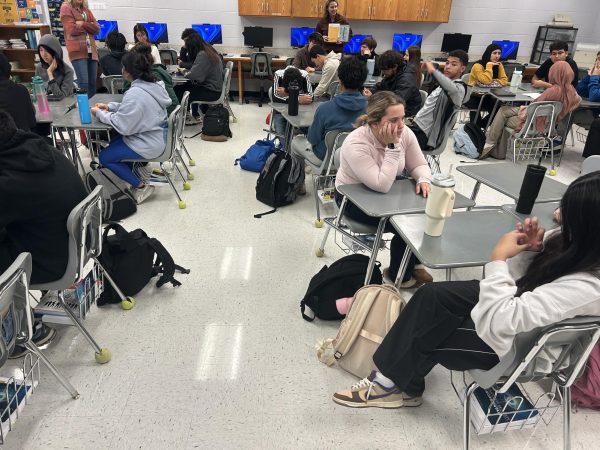Tracking: An Outdated Tradition in a Modern Education System
The current state of tracking within the United States’ education system is appalling and creates modern day segregation, as most often, it separates low income and high income individuals and disadvantages children who have a low socioeconomic status. By creating a culture of academic elitism through the categorization of classes into AP/college, honors, and academic levels, the education systems only serves to discourage “low track” students from trying to excel in school and to encourage “higher track” students to believe they are superior to others and are therefore, more valuable and worthwhile to society.
Tracking students based on academic and intellectual ability began in the late 19th and early 20th centuries as a way of producing not only the most respected individuals in American society, such as doctors and lawyers, but also American workers that would obtain occupations in industries, such as manufacturing, and of course, a group of individuals comprising of a middle ground between these two other “tracks” or groups.
However, this tracking system has become obsolete as America is no longer the same booming post World War II society it once was, and has increasingly begun to value skilled workers even less and reduce these individual’s wages, benefits, and practicality within society. Additionally, the top tier of society – primarily high profile individuals who have jobs such as lawyers, doctors, and CEOs – have been given advantageous benefits and superior treatment by the government and American policy than the average American.
Rather than trying to divide students based on a faulty system of academic ability, which is usually measured by poorly written and unfair standardized tests, schools should eliminate tracking all together and instead, create a uniform set of classes that do not take into account a student’s “track” or socioeconomic status. To ensure the highest level of learning and college readiness, the academic standards of these classes would be dramatically increased, thus creating an overall, well prepared group of diverse students rather than a limited population of well-educated individuals.
This system has already been put into place by some schools, especially in California. Interestingly, the schools that use this style of education have higher rates of college readiness and academic achievement than schools who offer prestigious and challenging Advanced Placement and International Baccalaureate courses.
America seems to be falling behind on education compared to the rest of the world, so why not try something to help the majority of students rather than the minority?







